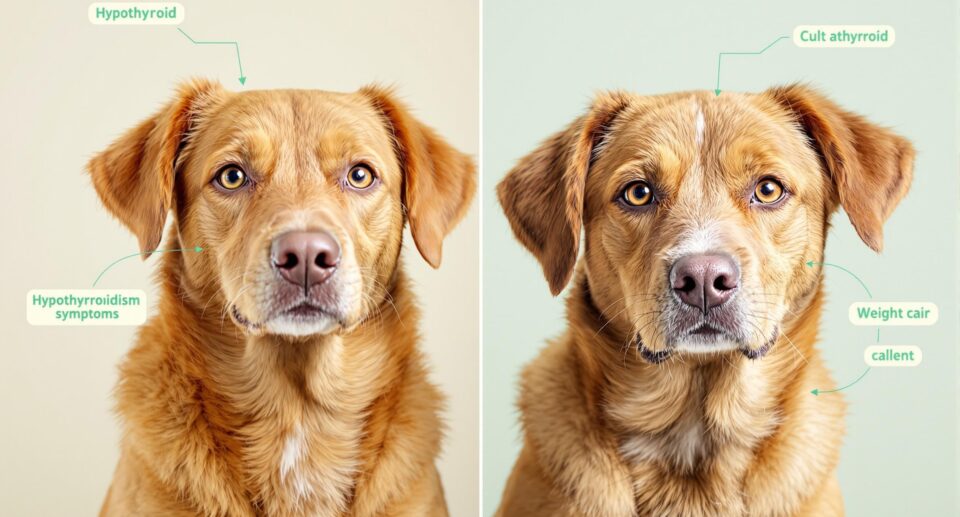What Are Common Hormone & Endocrine Dog Medications?

Endocrine related diseases occur when the endocrine glands produce an excess or insufficient amount of endocrine hormones. These types of diseases include diabetes, hyperthyroid disease, hypothyroid disease, Addison’s Disease, and Cushing’s Disease. To help restore balance to your pet’s health, our pharmacy specialists recommend the following pet meds:
Diabetes
Symptoms of diabetes:
- Weight loss
- Weakness
- Frequent urination
- Excessive thirst
Pets most at risk:
- Dogs and Cats
- Pets with Type 1 diabetes do not produce enough insulin on their own, resulting in the need for insulin injections. Our pharmacists recommend Vetsulin Insulin and ProZinc. (View our video on how to give your pet an insulin injection.)
- Glipizide (cats only) is used to lower the blood sugar level in diabetic cats with Type II diabetes.
Addison’s disease
Symptoms of Addison’s disease:
- Vomiting/diarrhea
- Weight loss
- Loss of appetite
- Weakness
- Excessive drinking and urinating
Pets most at risk:
- Dogs
- Pets with Addison’s Disease can experience pain and illness due to abnormal levels of potassium and sodium. These abnormal levels are caused by deficiencies in cortisol or aldosterone and can be restored with pet meds like Percorten-V, Fludrocortisone, or Prednisone.
- To help your pet’s body absorb nutrients, our pharmacists recommend adding enzymes into your pet’s diet with NaturVet Digestive Enzymes Plus Probiotic. This product also helps maintain a healthy digestive system which helps control diarrhea and vomiting symptoms.
Hypothyroid and hyperthyroid disease
Symptoms of hypothyroid disease:
- Dry and scaly skin
- Hair loss
- Weakness
- Weight gain
- Constipation
Pets most at risk:
- Dogs
- Levothyroxine is a popular generic pet medication prescribed by many veterinarians because it is used as thyroid hormone therapy.
- To help maintain your pet’s skin and coat health, consider giving your pet Omega 3 fatty acids, like Nordic Naturals Omega-3 Pet.
Symptoms of Hyperthyroid Disease:
- Increased appetite
- Vomiting
- Diarrhea
- Thickened nails
- Weight loss
- Rapid breathing
Pets Most at Risk:
Senior cats
Cushing’s disease
Symptoms of Cushing’s disease:
- Increased appetite loss
- Excessive drinking or urination loss
- Swollen abdomen loss
- Darkened skin
Pets most at risk:
- Dogs
- Generally, normal amounts of cortisol is good for your dog’s health. However, excessive amounts of cortisol can weaken the immune system, which can increase your pet’s risk for secondary infections and diseases.
- Blood tests performed by your veterinarian will help determine which gland (the pituitary gland or the adrenal glands) are producing excess amounts of cortisol. Lysodren and Anipryl are two commonly prescribed pet medications for dogs with Cushing’s disease.





